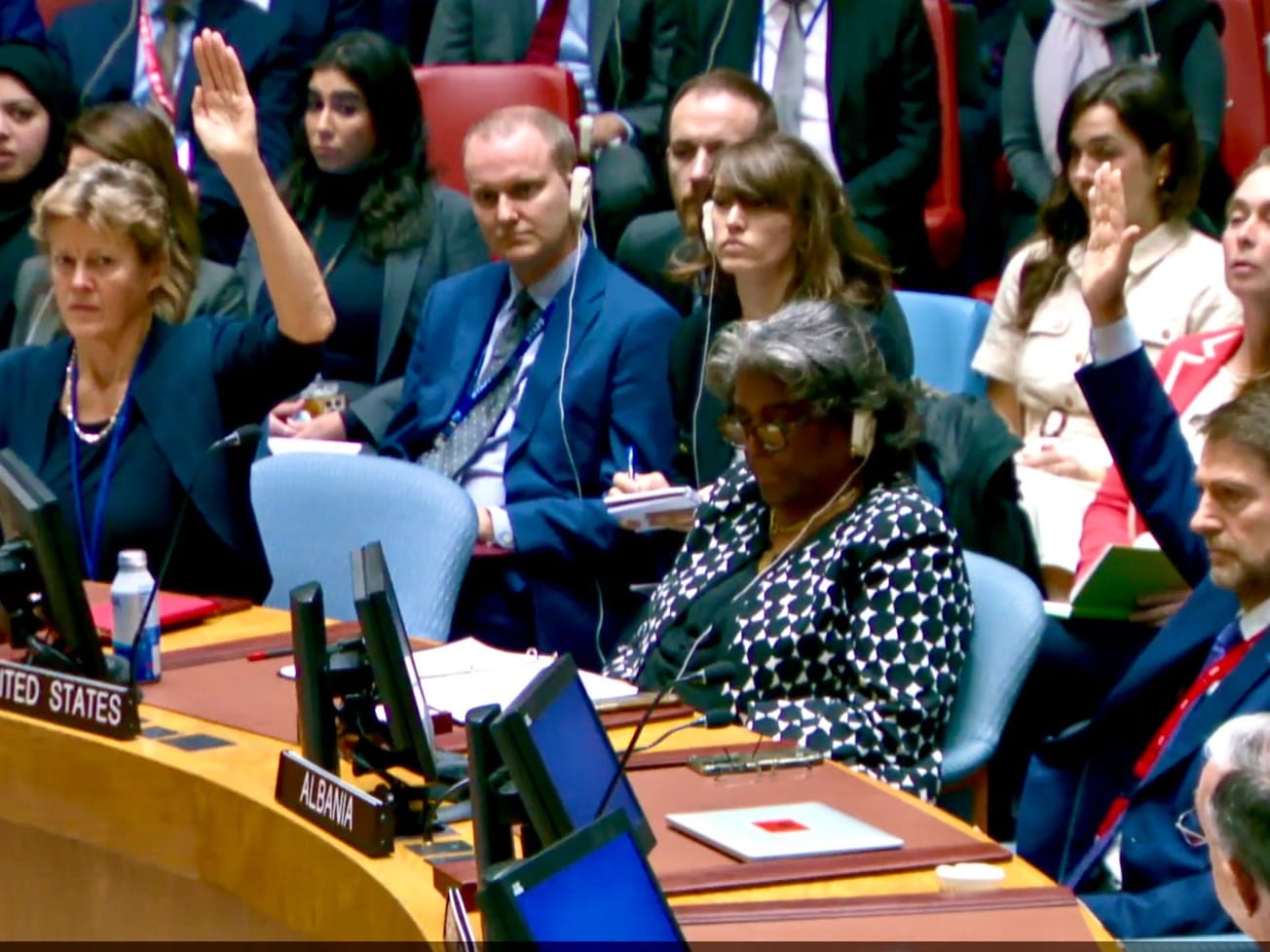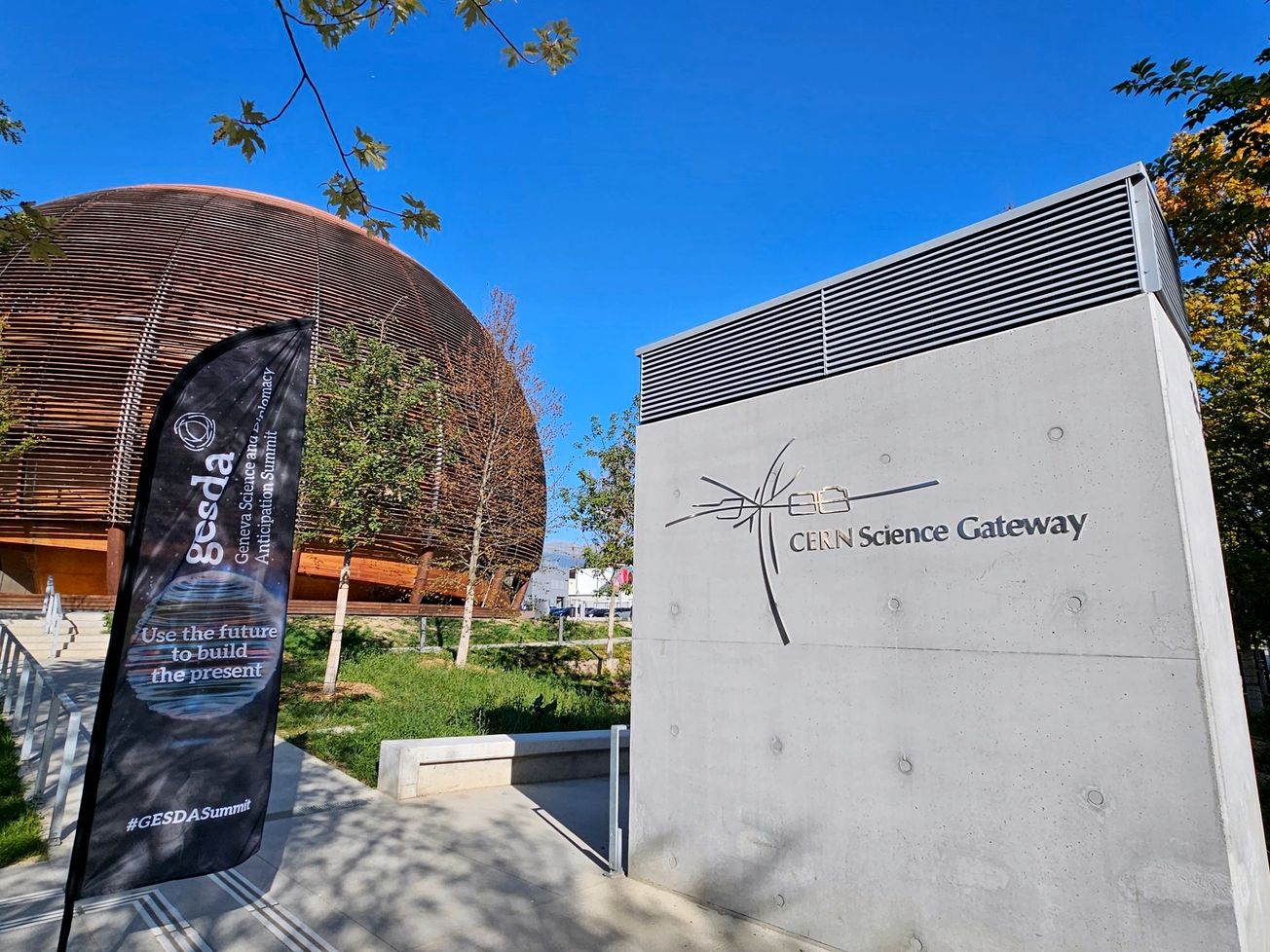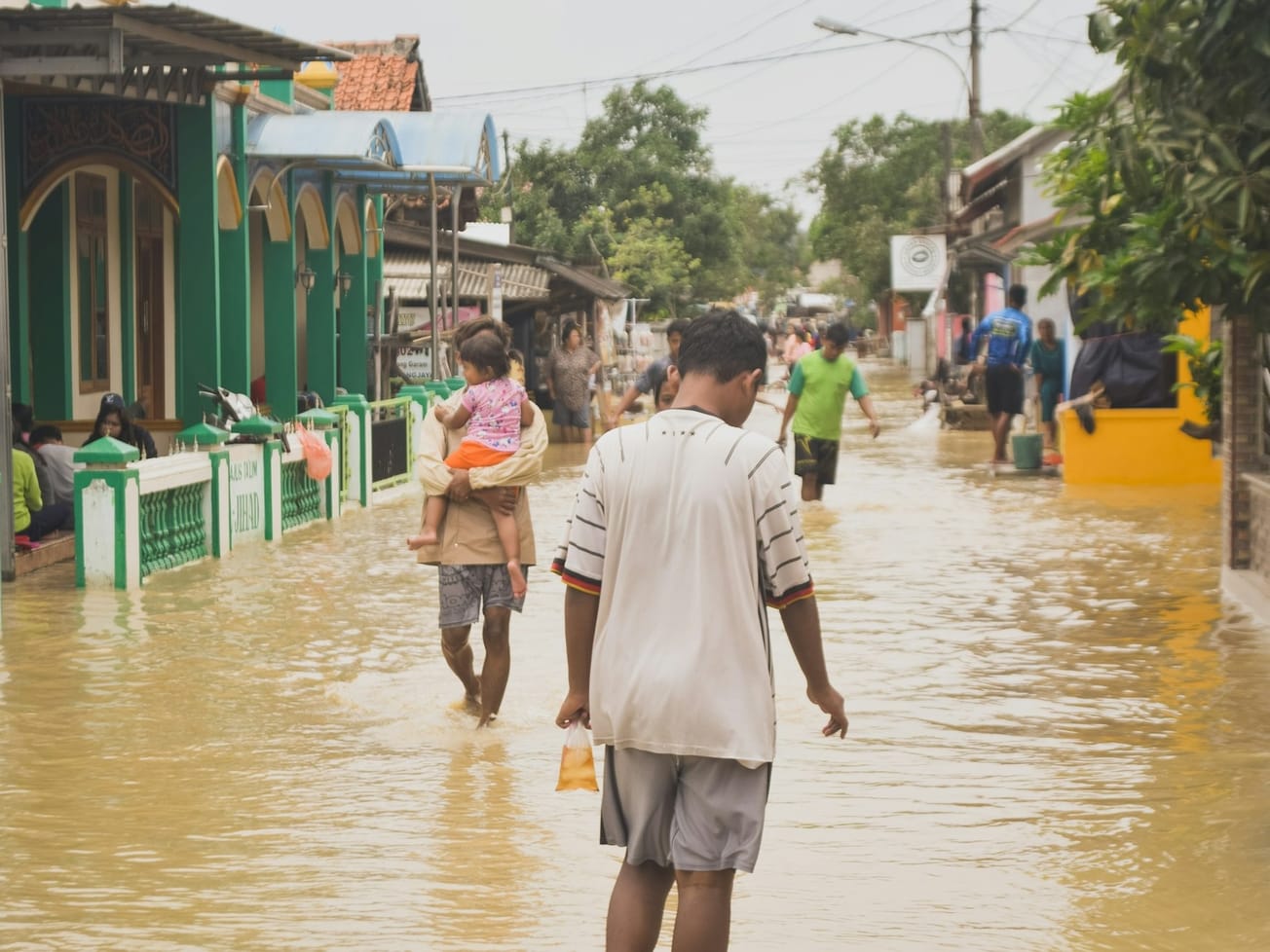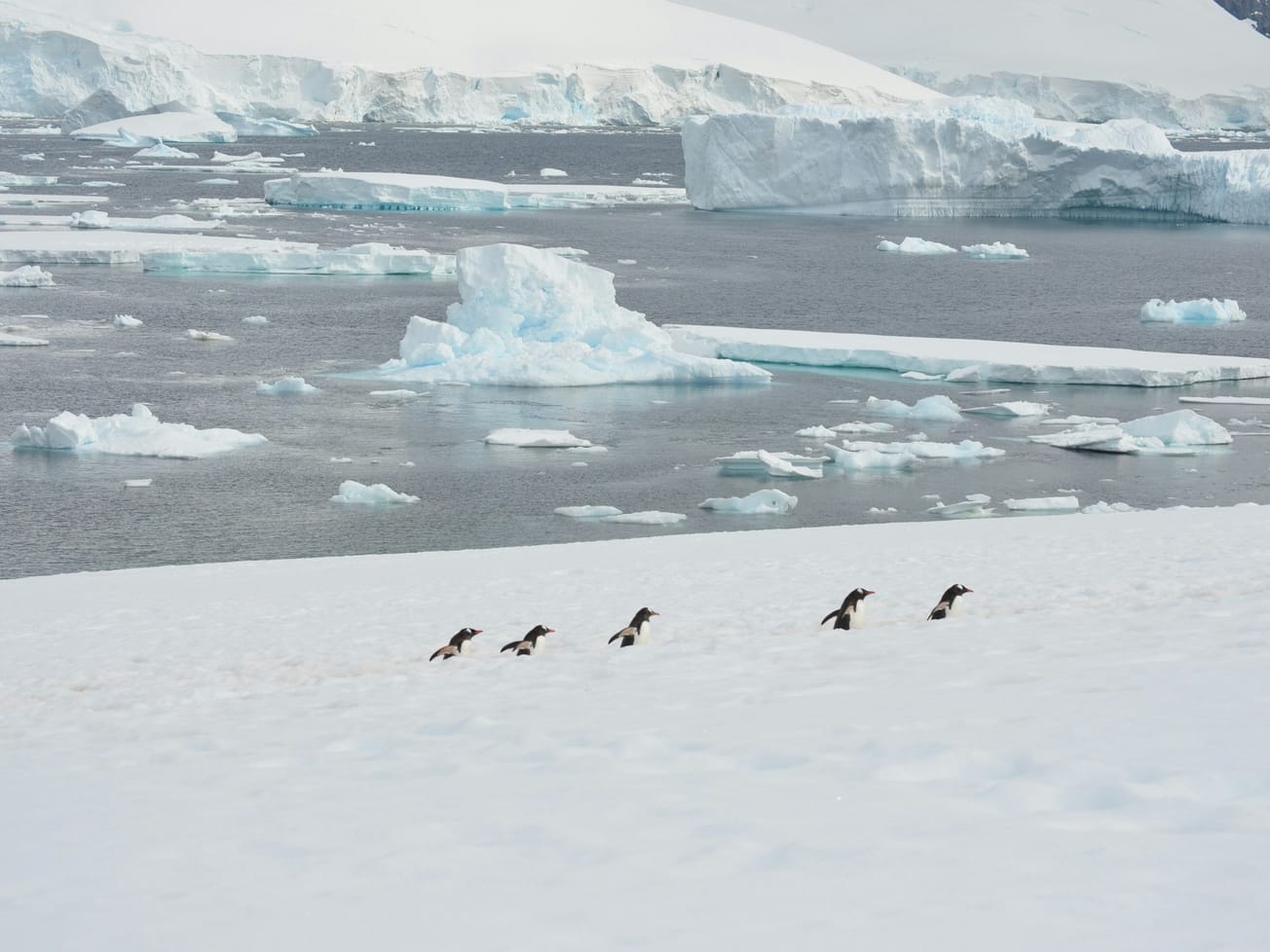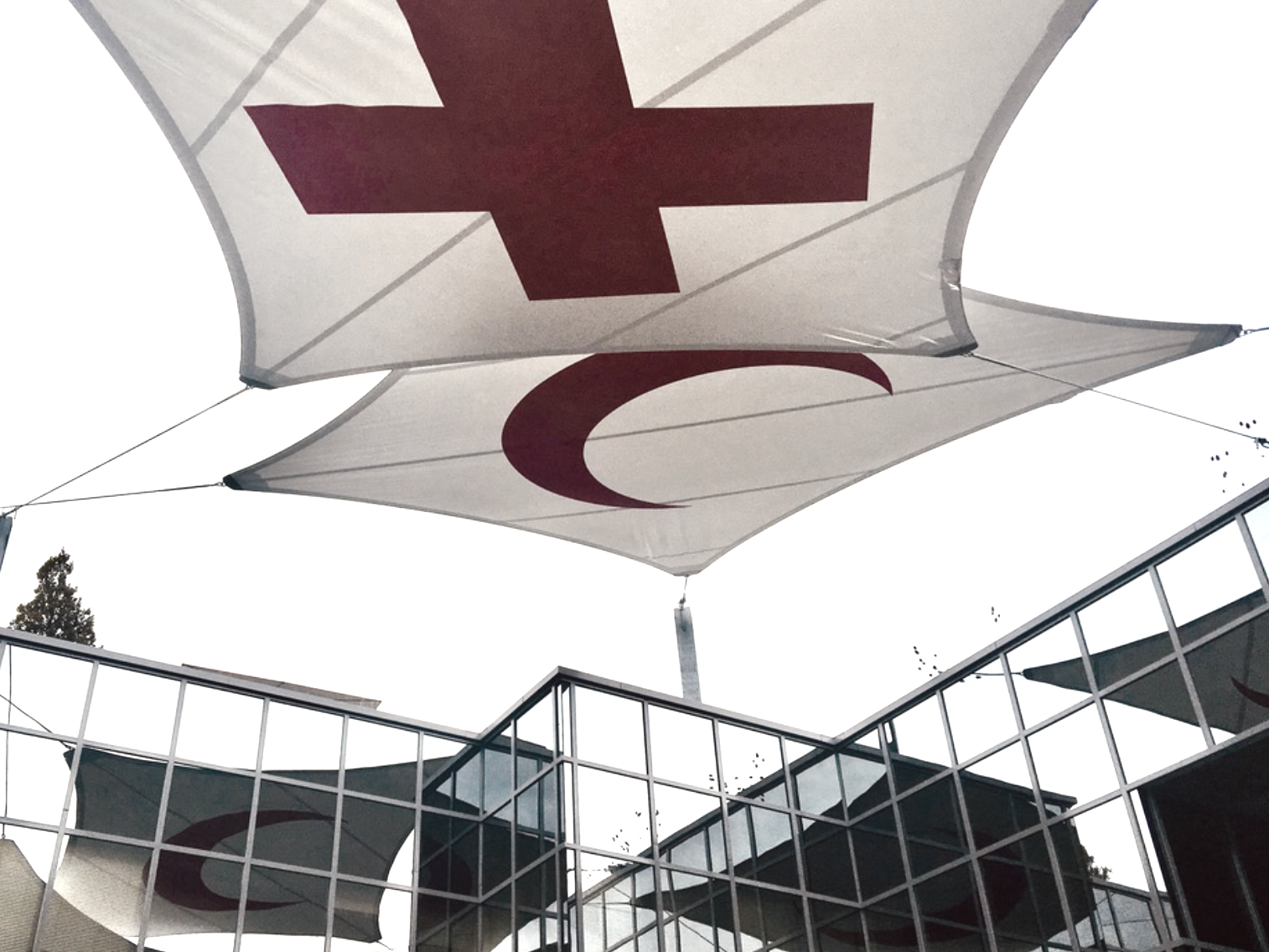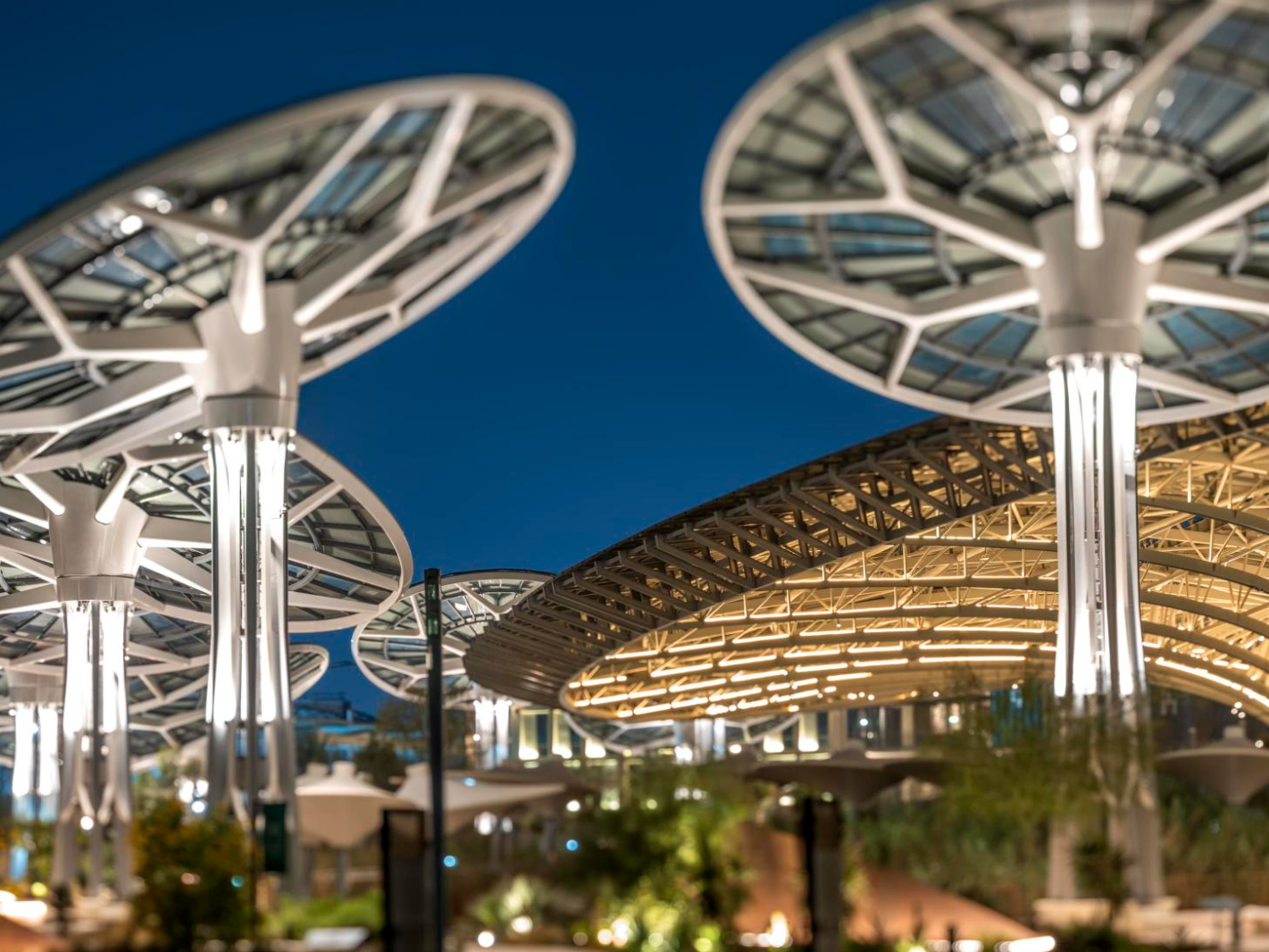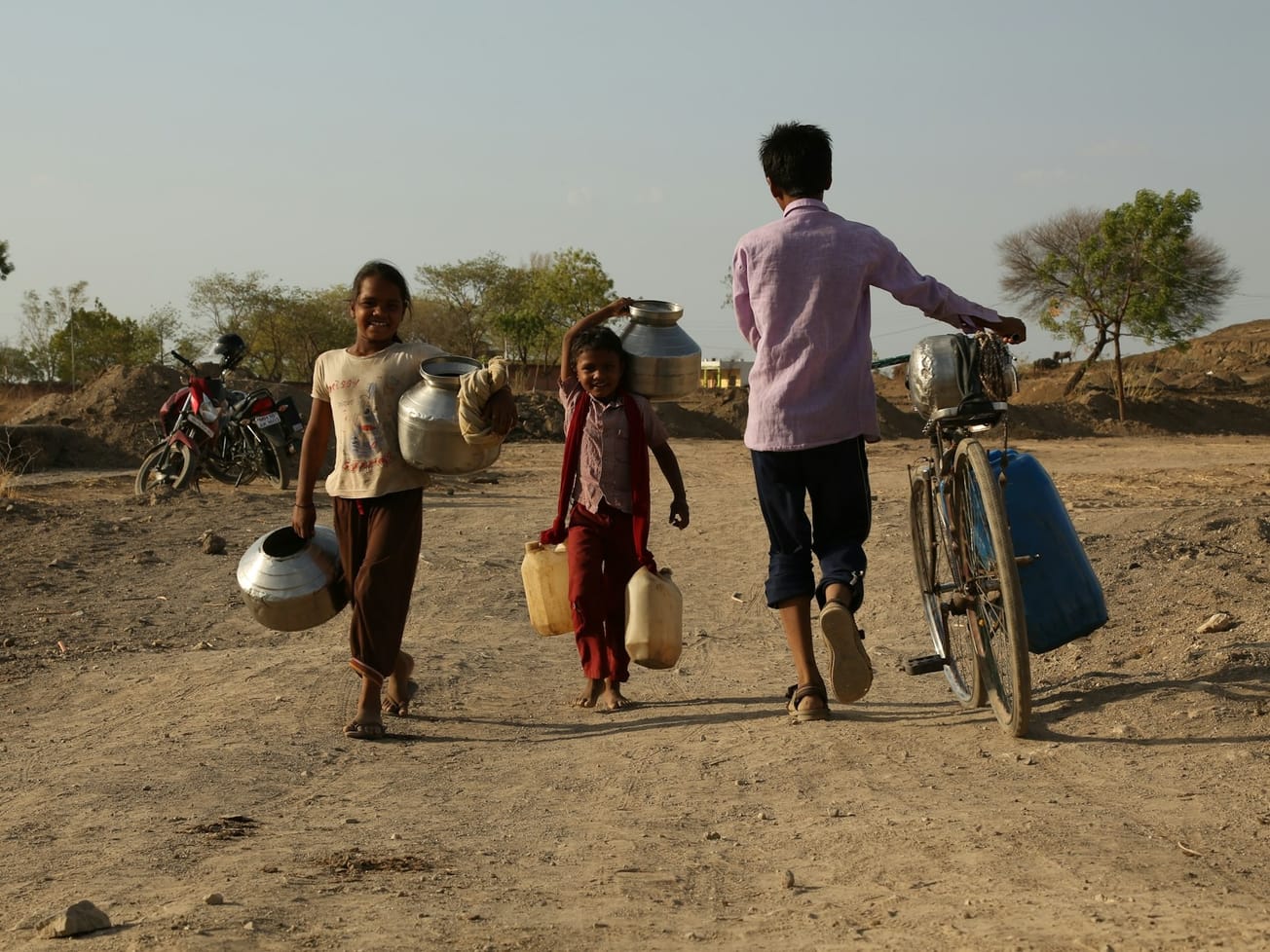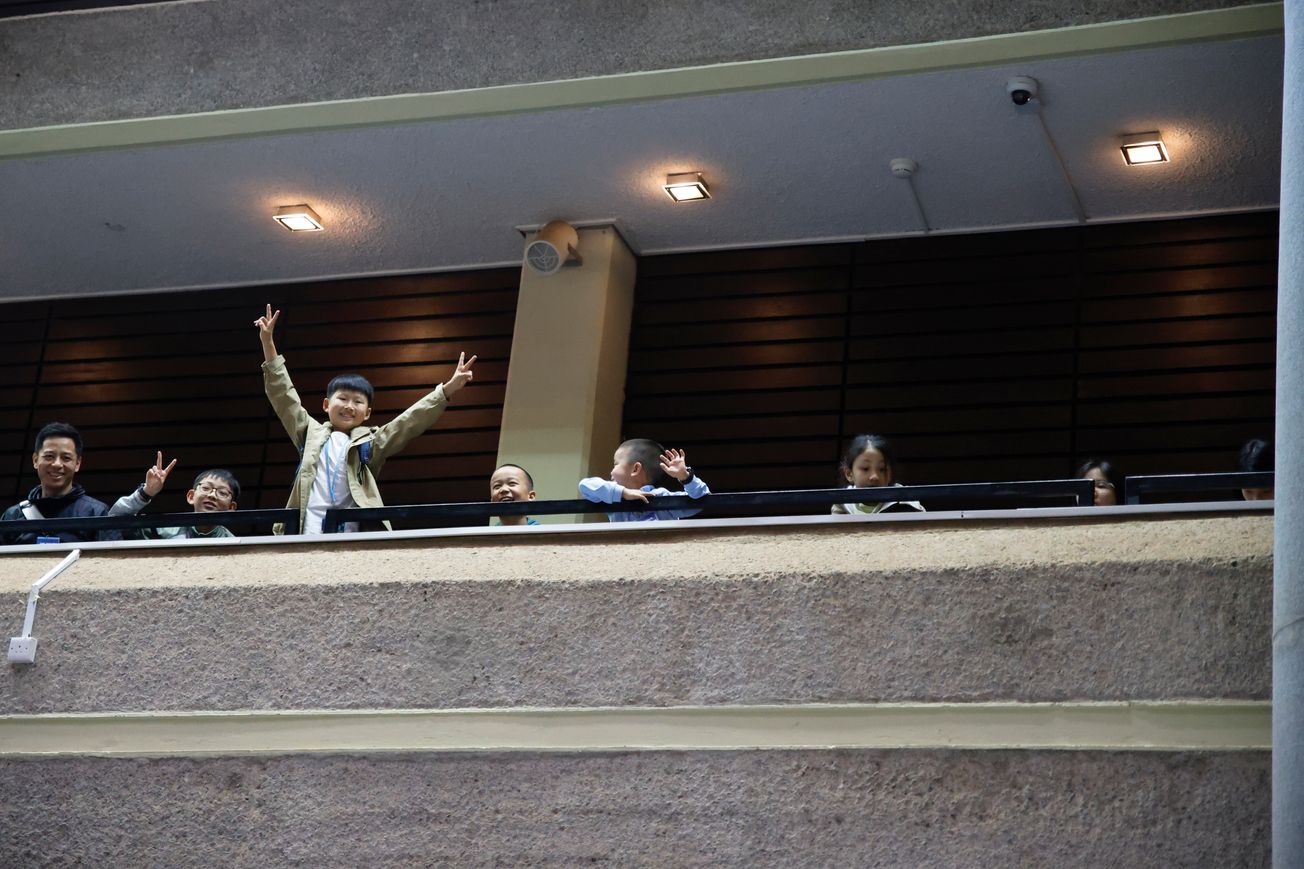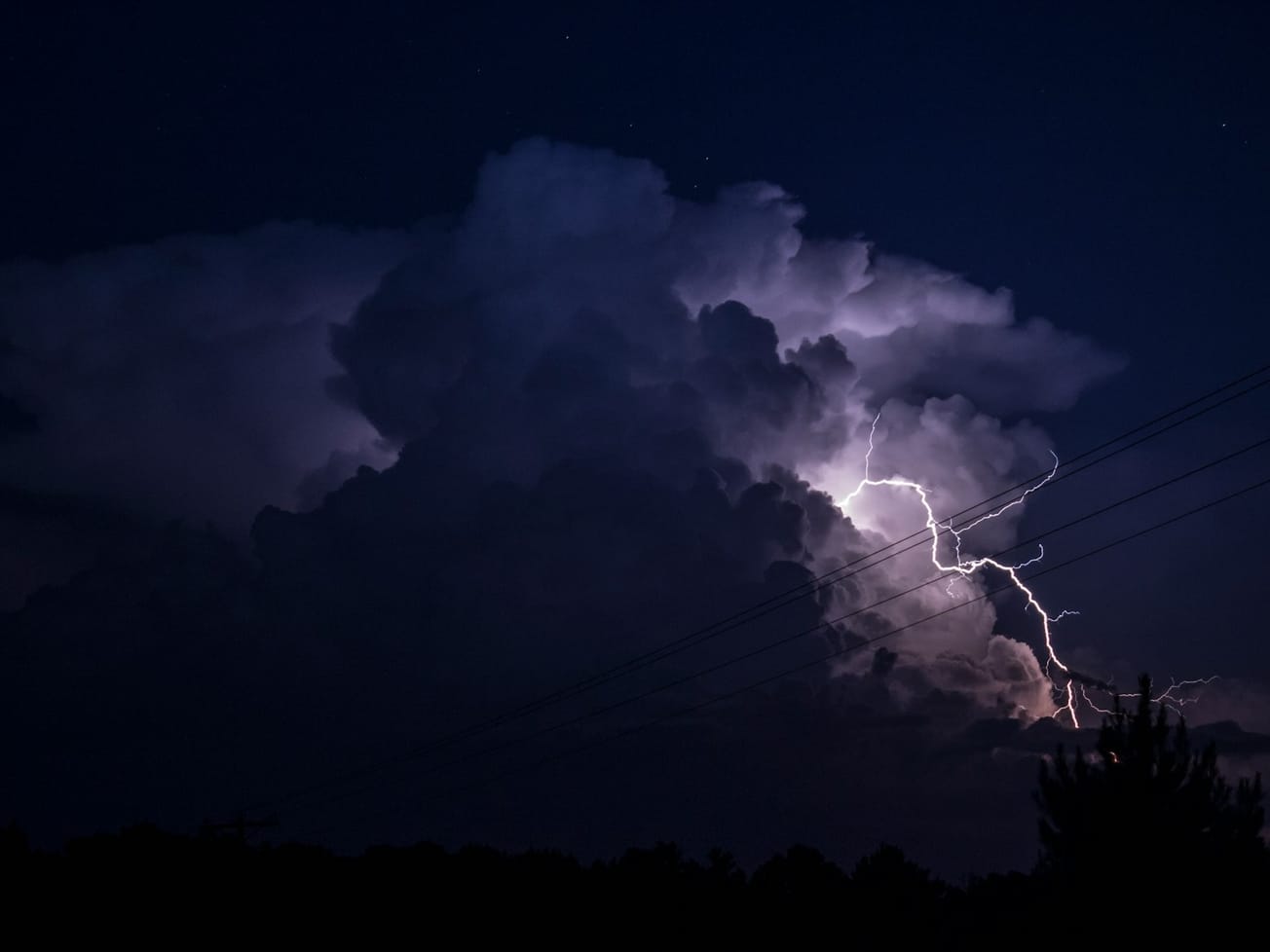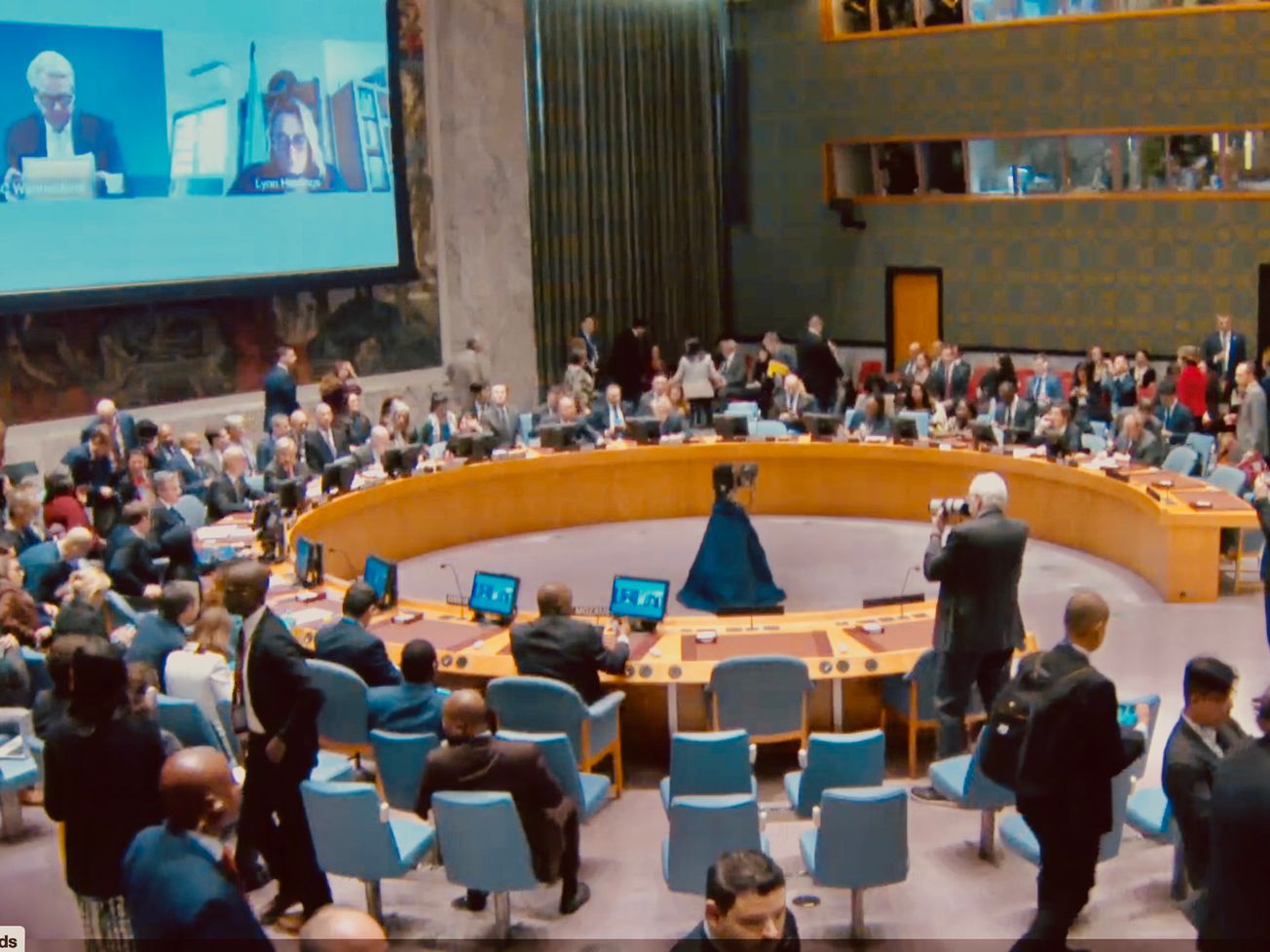
Israel rejects cease-fire in Gaza as diplomats warn of war spreading
While Israel pounded Gaza with increasingly intensifying airstrikes in response to Hamas' surprise attacks, the U.N. chief emphasized the rules of war must be obeyed.
Already have an account? Log in
While Israel pounded Gaza with increasingly intensifying airstrikes in response to Hamas' surprise attacks, the U.N. chief emphasized the rules of war must be obeyed.
The U.S. blocked a U.N. Security Council resolution on the Israel-Hamas war, while Russia pushed resolutions that do not mention Hamas or Israel's right to self-defense.
Each of the Geneva-based global initiatives developed by the GESDA Foundation won pledges of millions of Swiss francs.
UNICEF forecasts nearly 96 million children displaced by river flooding, 10.3 million by cyclonic winds, and 7.2 million by storm surges over three decades.
New measurements show a dramatic decline in the health of glaciers and sea ice, perpetuating the cycle of warming.
The world's five biggest science and technology clusters are now in East Asia; Japan's is the largest and China has the most.
Ukraine's President Volodymyr Zelenskyy and U.S. President Joe Biden each took the stage at the U.N. General Assembly to emphasize there are global stakes in the outcome of the war.
Despite the absences, the politics of catastrophe and climate inaction toward Earth's impaired health await the assembly's annual gathering of world leaders next week in New York.
Funding for humanitarian aid has been getting hard to find amid global economic pressures, but the needs are soaring.
In the recording, UAE officials anticipate a need to "minimize" attacks on the Gulf nation's human rights record when it hosts COP28 in Dubai later this year.
The Global Environment Facility set up the new multilateral fund with key initial investments from Canada and the U.K.
The U.S., Albania, Japan, and South Korea led a U.N. Security Council session that shone a spotlight on starvation and repression under Kim Jong Un's regime.
'Extremely high water stress' afflicts 83% of the population in the Middle East and North Africa and 74% in South Asia.
Scottish energy expert Jim Skea said it's important not to despair over the 'existential threat' from rising temperatures.
As climate litigation increases, the body of legal precedent grows, forming an increasingly well-defined field of law.
Heat waves can be expected about once every 15 years in the U.S. and Mexico, once a decade in Southern Europe, and once every 5 years in China, according to the study.
